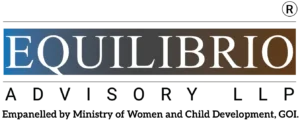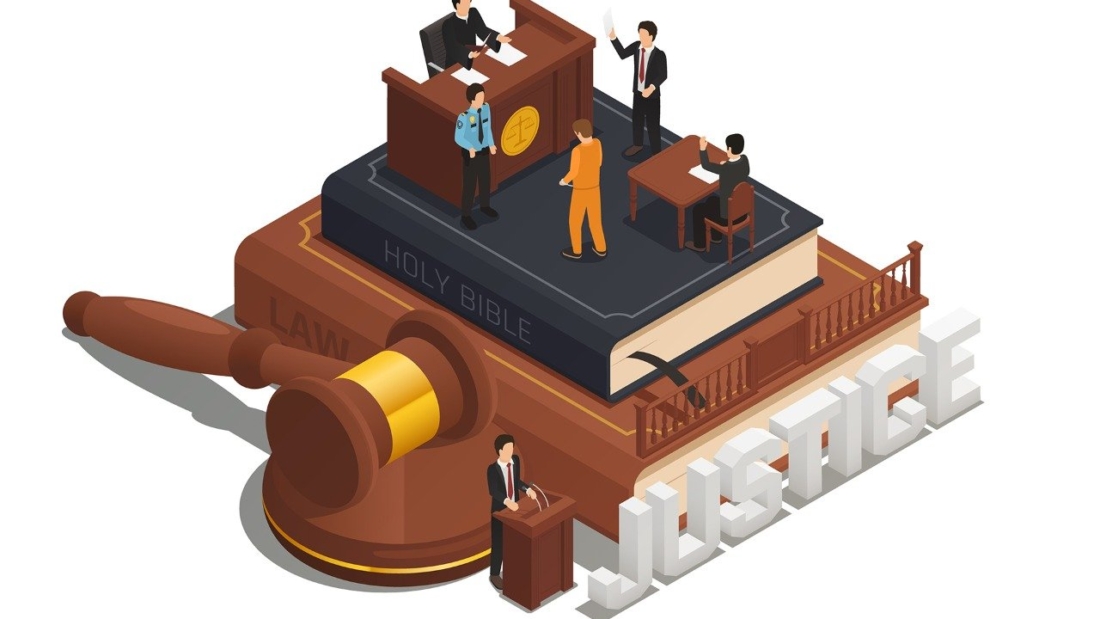This weekend we got a chance to interact with Justice Dr. S. Radhakrishnan (Retd.) and seek his views on several facets of the law against sexual harassment at workplace and the workings of the courts. He was kind enough to answer all our questions and share his experiences with us and we are very thankful to him. Given below is a summary of what we discussed with him.
Do you think sexual harassment is gender specific? In your opinion, are people aware about the Law against Sexual Harassment at Workplace?
By and large sexual harassment is against women. Many people are not aware of the Law against sexual harassment.
In light of complaints being filed against judges like Justice Ganguly, Justice S K Gangele & Justice Soni, would you say sexual harassment is common in judiciary as well? If yes, why do you think such behavior is being reported more now?
Sexual harassment is not common in Judiciary and some of those cases are aberrations.
While the Supreme Court and most High Courts have their own regulations on sexual harassment at workplace, such regulations do not provide for any detailed procedure that may be followed while inquiring into a complaint. What is the actual procedure for inquiring into a complaint against a judge or a staff member of the court? Are there any service rules applicable to them?
The Supreme Court as well as all the High Courts have their own Rules and Procedures to handle Sexual harassment cases.
How difficult is it to prove an email or whats app chat or tape or video recording in a court of Law? What are the criteria that courts look at?
Emails and electronic evidence are admissible in evidence,and such evidence will have to strictly comply with the provisions of Section 65B of the Indian Evidence Act, 1872.
(Please Note: Section 65A states that the contents of electronic records may be proved in accordance with provisions of Section 65B. Section 65B states that any information contained in an electronic record which is printed on a paper, stored, recorded or copied in optical or magnetic media produced by a computer shall be deemed to be a document, if certain conditions are met (one of them being a certificate obtained at the time of taking the document). The Supreme Court in 2016 in the case of Harpal Singh @ Chhota vs. State Of Punjab, held that any electronic record in the form of secondary evidence cannot be admitted in evidence unless a certificate under Section 65B (4) of the Evidence Act is produced.)
Do you think a sexual harassment complaint can be resolved successfully through arbitration?
Sexual harassment cases cannot be resolved through Arbitration.
From various case laws we understand that even in case of writ petitions being filed against employers for not ensuring a ‘fair’ inquiry into a complaint, courts usually do not interfere in inquiry procedure followed by organizations internally unless the procedure really ‘shocks the conscience’ of the court. What does this term mean for a lay man?
Courts do not go into the merits of enquiry proceedings.The term “Shocks the conscience of the Court” means that basic principles of Natural Justice were not even followed.
This New Year, would you want to give any message to organizations / judiciary on the importance of this Law?
To eradicate Sexual harassment we have to revamp our educational systems based on 18th&19th centuries.From young age girls and boys should be treated equally by the parents and teachers. All our text books and media, movies and dramas depict women to be inferior. This can be easily exploited and this results in sexual harassment. From childhood, boys and girls should be given correct value education, then men will start respecting women and Sexual harassment will automatically stop. Even today in India, educated mothers make the girl children do all household chores and the boys are not asked to do the same and by the time these boys become men, they start feeling that they are a more superior gender and end up not respecting women. This eventually results in sexual harassment.







Add a Comment